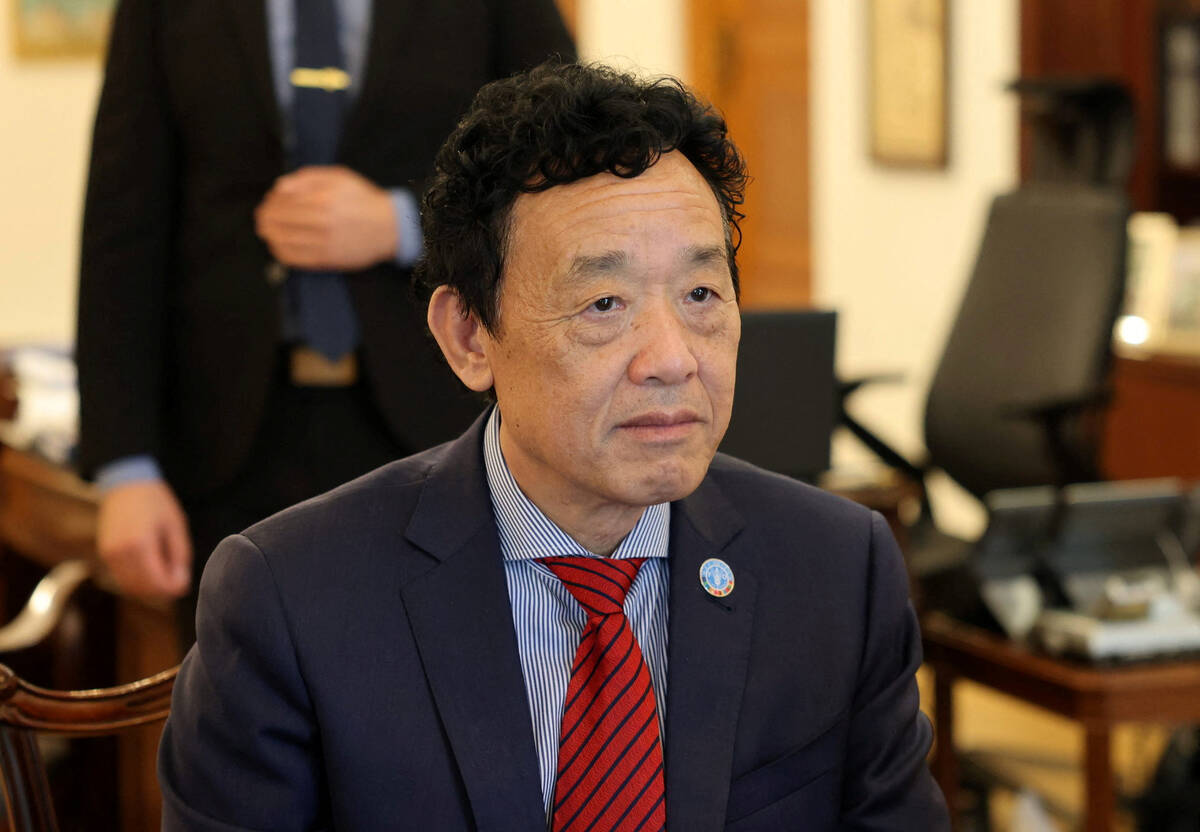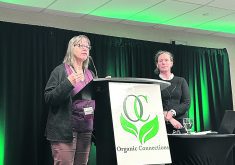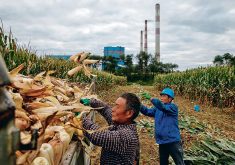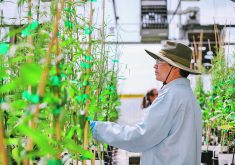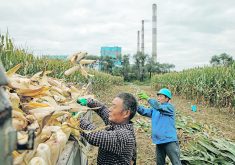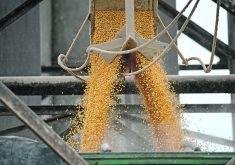While many private firms, research institutions and public agencies have been very active in communicating the benefits of agricultural biotechnology over the past 25 years, the United Nations’ Food and Agriculture Organization has been marginally engaged at best.
In 2004, the FAO released its State of Agriculture Report, which focused on agricultural biotechnology and what technology could provide to the food insecure.
The organization received a lot of criticism from activist environmental organizations for supporting ag biotech and subsequently pulled back on events and initiatives in this space.
Read Also

New program aims to support plant-based exports to Asia
Understanding the preferences of consumers in Taiwan and how they differ from Indonesia or Malaysia isn’t easy for a small company in Saskatchewan.
Over the intervening years, the FAO has had very limited involvement with ag biotech.
After 20 years of relative inactivity on the ag biotech file, it came as quite a surprise to many in the agriculture industry when the FAO announced in early 2025 that it was organizing a conference on agricultural and food biotechnology, including gene editing technologies.
Last month’s conference brought together a wide representation of farmers, scientists, academics, government representatives and non-governmental organization representatives, many from the Global South.
Informative sessions were held on topics ranging from ag biotech’s contributions to improving food system sustainability to how biotech innovations will contribute to improvements in crop production, livestock production, forestry and aquaculture.
Given that some of the FAO messaging in recent years has been heavily favourable of organic food production and agro-ecology, I was quite uncertain about what to expect.
The stage was set by the opening comments from FAO director general Qu Dongyu, who said ag biotech would be critical for the future of improved sustainable food production.
A statement this bold would have been unimaginable from the FAO 10 years ago, but it set the stage for the conference.
Perhaps the biggest surprise of the conference was the comment from Victor Manuel Villalobos Arambula, former secretary of Mexico’s agriculture ministry, that genetically modified crops provide benefits to food production and environmental benefits such as reduced pesticide use, and that biotechnology regulations need to be science-based.
During Arambula’s tenure, he led the campaign in Mexico to ban GM corn imports and to ban the use of glyphosate.
Now that Arambula is no longer bound by politics, he has completely reversed his views and soundly rejects the activist environmental propaganda that was responsible for the GM corn import and glyphosate bans and strongly supports science and innovation. This was incredibly refreshing to witness.
It would have been impossible for the FAO to not include environmental activists, but fortunately, they were limited to just a few representative presentations.
Given the director general’s strong statement on the importance of science and innovation, not only was their participation limited, but their messaging was soundly refuted by representatives from the Global South.
One activist presenter stated that agro-ecology was a viable solution for improving food security, but evidence presented on the impacts of GM cowpea production in Nigeria thoroughly refuted this message.
This research confirmed yield increases of 18 to 20 per cent and profitability increases of 47 to 52 per cent.
Upon hearing their arguments soundly and thoroughly refuted by expert scientists and the evidence, the activists abandoned the conference.
FAO officials said that a plan of action would be developed from the conference and used to guide future initiatives.
This is promising news because many governments in the Global South place high confidence in the FAO and will increasingly view environmental non-government organizations as barriers to the domestic ability to increase food security.
This op ed originally ran on the SaiFood website. It has been edited for length.



